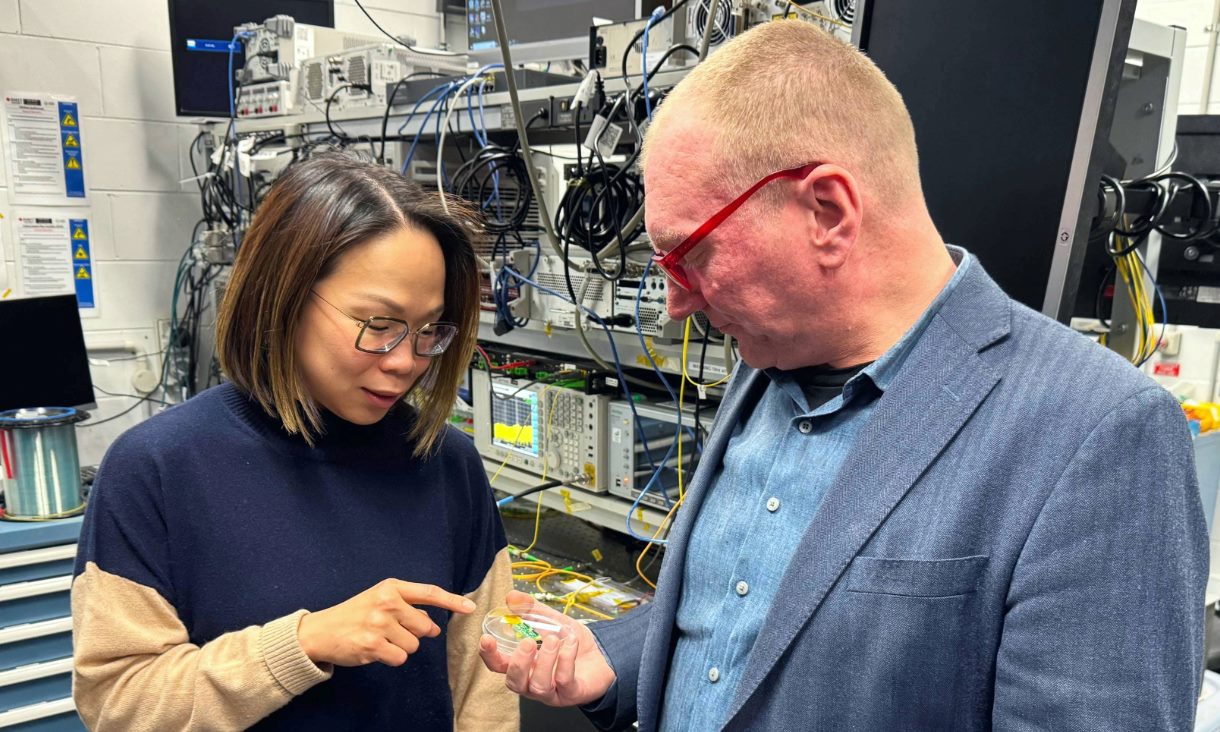Smart spongy device captures water from thin air
Engineers from Australia and China have invented a sponge-like device that captures water from thin air and then releases it in a cup using the sun’s energy, even in low humidity where other technologies such as fog harvesting and radiative cooling have struggled.
RMIT strengthens relations in ASEAN region with Digital Readiness Program
Last week, The College of Business and Law in collaboration with the College of Vocational Education, welcomed recipients of the Australia Awards Improving Digital Readiness and Resilience of the Technical and Vocational Education Training (TVET) short course program.
Water expert joins RMIT Europe
Drawing on extensive expertise in water resource science from Melbourne, Australia, RMIT’s Professor Vincent Pettigrove is set to collaborate with RMIT Europe’s staff and industry partners over the next six months, particularly through his involvement in a research project aimed at improving coastal resilience throughout Europe.
Aussie tech helps make bio-oils for greener industrial applications
Australian technology developed at RMIT University could enable more sustainable and cheaper production of bio-oils to replace petroleum-based products in electronic, construction and automotive applications.








